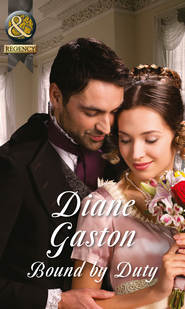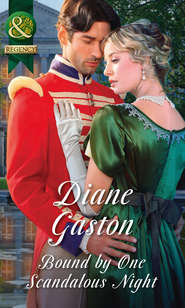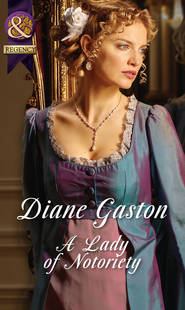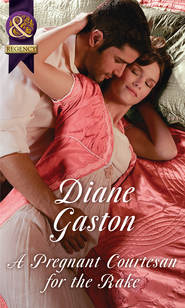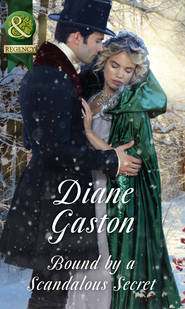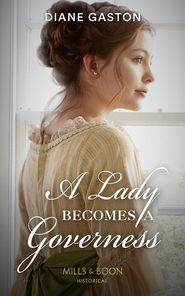По всем вопросам обращайтесь на: info@litportal.ru
(©) 2003-2024.
✖
Bound By Their Secret Passion
Настройки чтения
Размер шрифта
Высота строк
Поля
She deserved their esteem, not more gossip.
* * *
Lorene’s knees shook as she stood before Squire Hedges and the coroner. There was no reason for her to be fearful, but she could not help it. She glanced around the room, but it did nothing to still her unease. Rather, the portraits on the wall seemed to be glaring at her, blaming her for what happened.
If she had not defied him, they seemed to say, he would be alive today.
Would the Squire and the coroner see her guilt?
Or did they already believe Dell had pushed Tinmore?
Dell would never have done such a thing. Never. Surely they would have believed him and not a grieving butler too upset to realise who he accused.
Squire Hedges gestured to a chair near the desk. ‘Would you care to sit, Lady Tinmore?’
Sitting would make her feel too small, somehow. She was Lady Tinmore, she must remember. Here was one rare occasion that she must assert her rank.
She straightened her spine. ‘I will stand, thank you.’ She pointed to the pen and paper on the desk. ‘But you must sit so you may write.’
The Squire inclined his head and lowered himself into his chair. Mr Walsh, the coroner, stood with his arms folded across his chest. He was the one who made her insides tremble.
Squire Hedges smiled. ‘Tell us what happened, my lady. What you saw. What you heard.’
She decided to begin with her return from Summerfield House. ‘I spent the day with my sisters at Summerfield House and when the day was over, Lord Penford offered his carriage and his escort to return me to Tinmore Hall—’
Mr Walsh interrupted. ‘You did not have a carriage at your disposal?’
She faced him. ‘No.’
‘Then how did you travel to Summerfield House?’ he asked.
‘I walked.’
His dark brows rose. ‘You walked?’
‘Lord Tinmore was supposed to have come with me to spend Christmas with my family. At the last minute he declared that we would not be going. He gave no reason for declining the invitation right before we were expected to arrive.’ It had been a deliberate cruelty, which had surprised her. Tinmore’s cruelty was more commonly thoughtless. ‘He knew how much I desired to see my sisters. I had not seen my youngest sister since her wedding to Lord Rossdale. I decided to go without him even though he refused me the carriage. So I walked.’
‘You defied him,’ Walsh stated.
‘Yes.’ No use denying it.
Walsh nodded. ‘Go on.’
She wished she could tell what the man was thinking. ‘When Lord Penford’s carriage reached Tinmore Hall, Lord Penford walked me to the door. I entered the house and encountered Lord Tinmore in the hall, waiting for me. He immediately started to accuse me of—of things that were not true. I started up the stairs when Lord Penford opened the door and tried to speak with Tinmore, to tell him he was mistaken—he must have heard Lord Tinmore shouting at me through the door. Tinmore took him to one of the drawing rooms to talk, but only for a minute or two, then Lord Penford returned to the hall and walked out. Lord Tinmore followed him.’
‘Followed him?’ Walsh repeated.
‘Yes.’ Was she telling Walsh too much? ‘Tinmore was angry. First angry at me, then at Lord Penford, but without reason. I never saw him so angry.’
Walsh’s face remained expressionless. ‘Then what?’
She took a breath. ‘Lord Penford left, but Tinmore followed him outside.’ She swallowed. ‘I heard a cry and I ran outside, too. Lord Tinmore was—was on the pavement.’
‘You did not see him fall?’ Walsh asked, somewhat ominously.
‘I did not.’
He glanced away. ‘And in what position did you find him when you came outside?’
She was confused. ‘I—I—he was at the bottom of the steps.’
Squire Hedges spoke, his voice kinder than the other man’s. ‘This is a delicate question, we do realise, my lady. Mr Walsh means for you to describe the position of your husband’s body. Describe how he looked.’
She closed her eyes, but it only made her see it all again. ‘He—he was on his back, his head to one side in—in a pool of blood.’
‘Where were his arms and hands?’ Walsh asked.
‘Up.’ She raised her arms to demonstrate. ‘Up above his head.’
Walsh nodded. ‘Tell us, ma’am, was your husband ill?’
‘Not that I knew of,’ she responded.
But he had been acting strangely that day. Had he been ill? If so, she never should have left him. Although he always refused to allow her to tend to him when he was ill, so what good would her presence have done?
‘He was acting very unlike himself, though. Very irrational,’ she added.
Walsh’s brows rose. ‘Are you referring to your husband’s suspicion that you and Lord Penford were having an affair?’
She felt her cheeks grow hot. ‘Yes. That. There was no reason for him to think such a thing.’
Tinmore could not have known of her infatuation.
‘Come now, Lady Tinmore,’ Walsh began, in a smooth tone that did not ring true. ‘Lord Tinmore was a very old man and Penford...’ he paused significantly ‘...is not. Why would your husband not believe you engaged in a little dalliance?’
Her face turned hot with anger this time. ‘I promised fidelity to my husband and I kept that promise. Lord Penford has always acted as a gentleman ought. He thought he could explain to my husband that my husband was wrong, but Tinmore would not listen. It was as though Tinmore was crazed.’
Walsh’s brows rose. ‘Crazed? But would not a man who suspected his wife of infidelity act crazed?’
She lifted her chin. ‘I do not know. How would I know of such things?’ Except, perhaps, from the loud arguments between her mother and father before her mother ran off with a lover. ‘I do know I never saw my husband behave that irrationally before.’
Of course, she had never so blatantly defied him before. Why had she done so? She could admit to being weary of his dictates and it was true she wanted to see her sisters, to share Christmas with them.
But was it also true she wanted most to see Dell?
Walsh made an incomprehensible sound.
Did he believe her about Dell? Or not?






